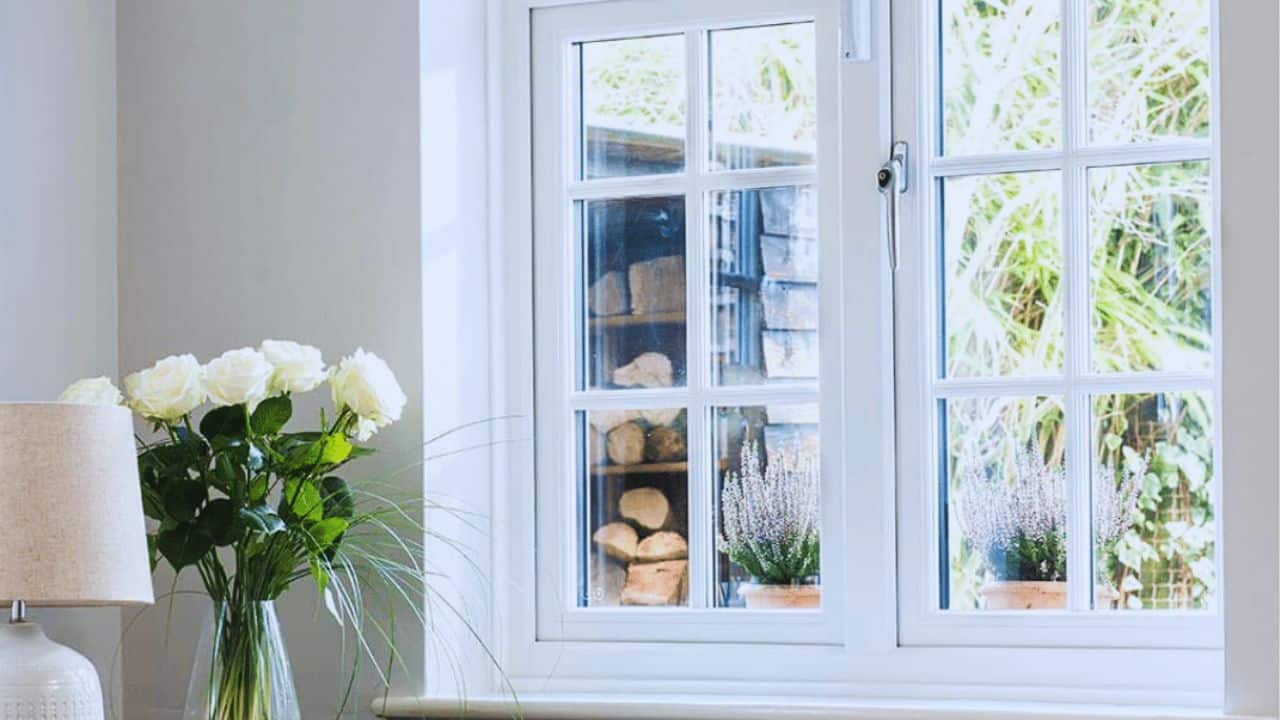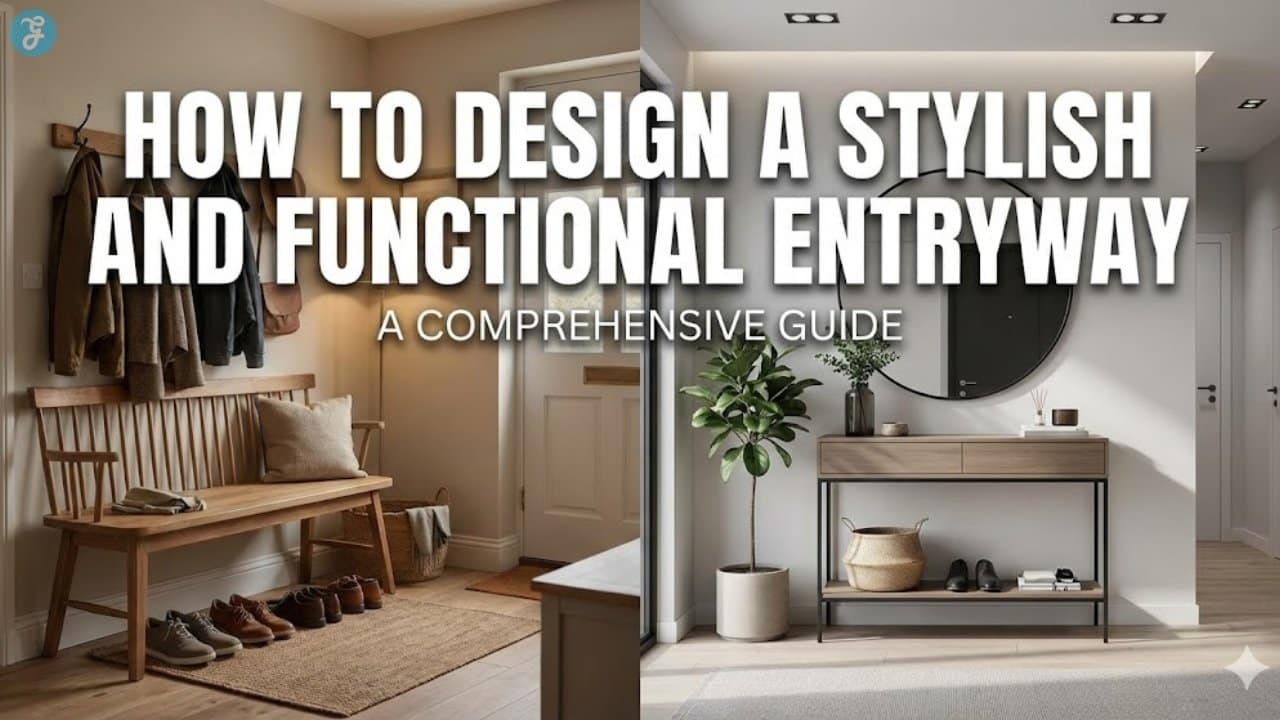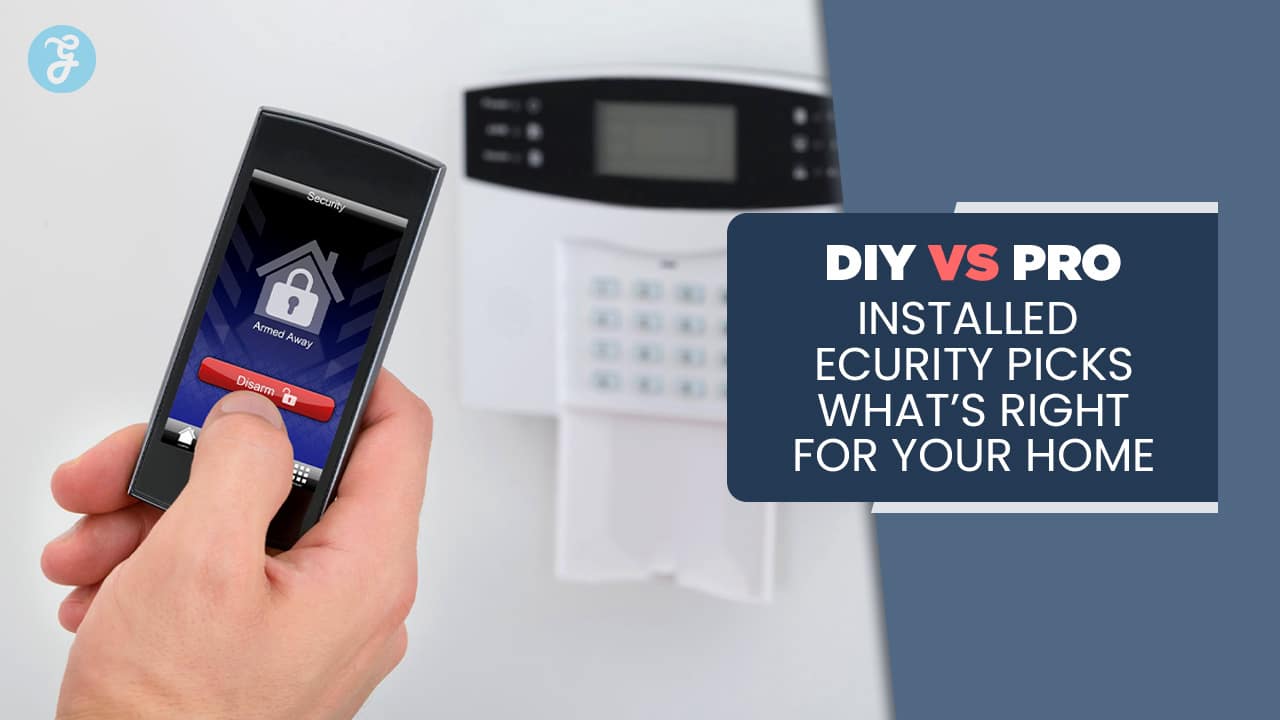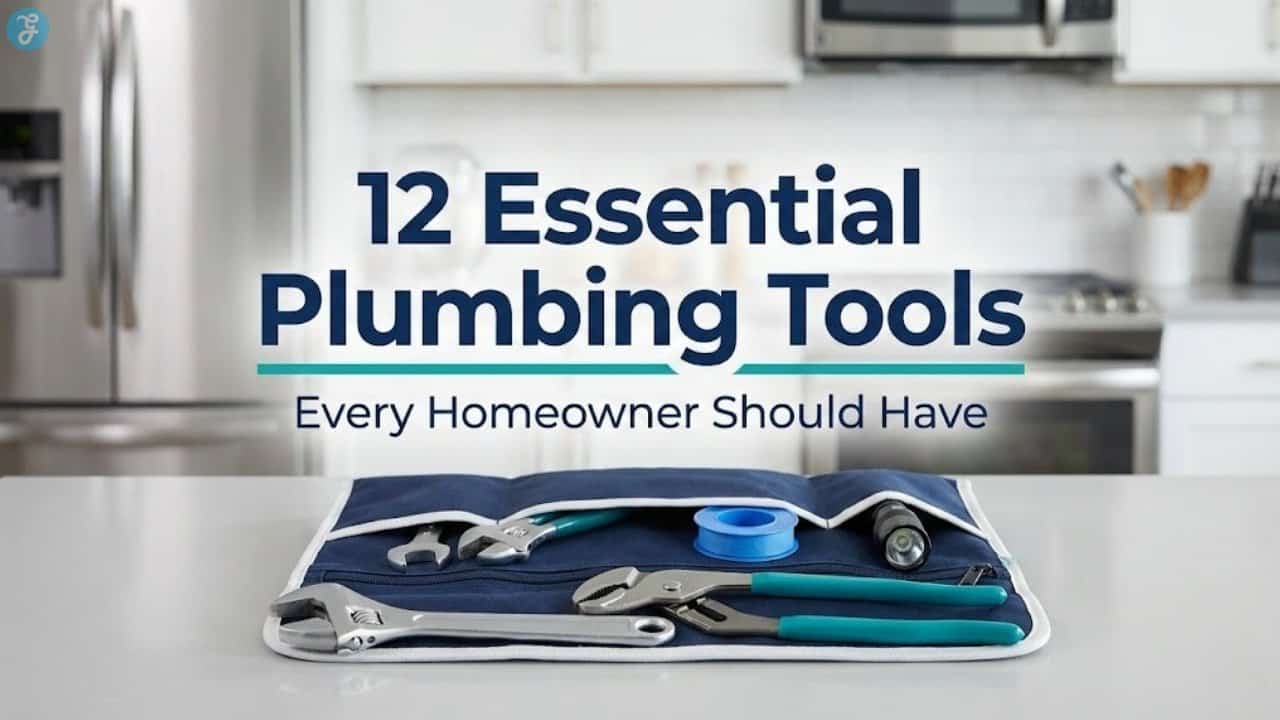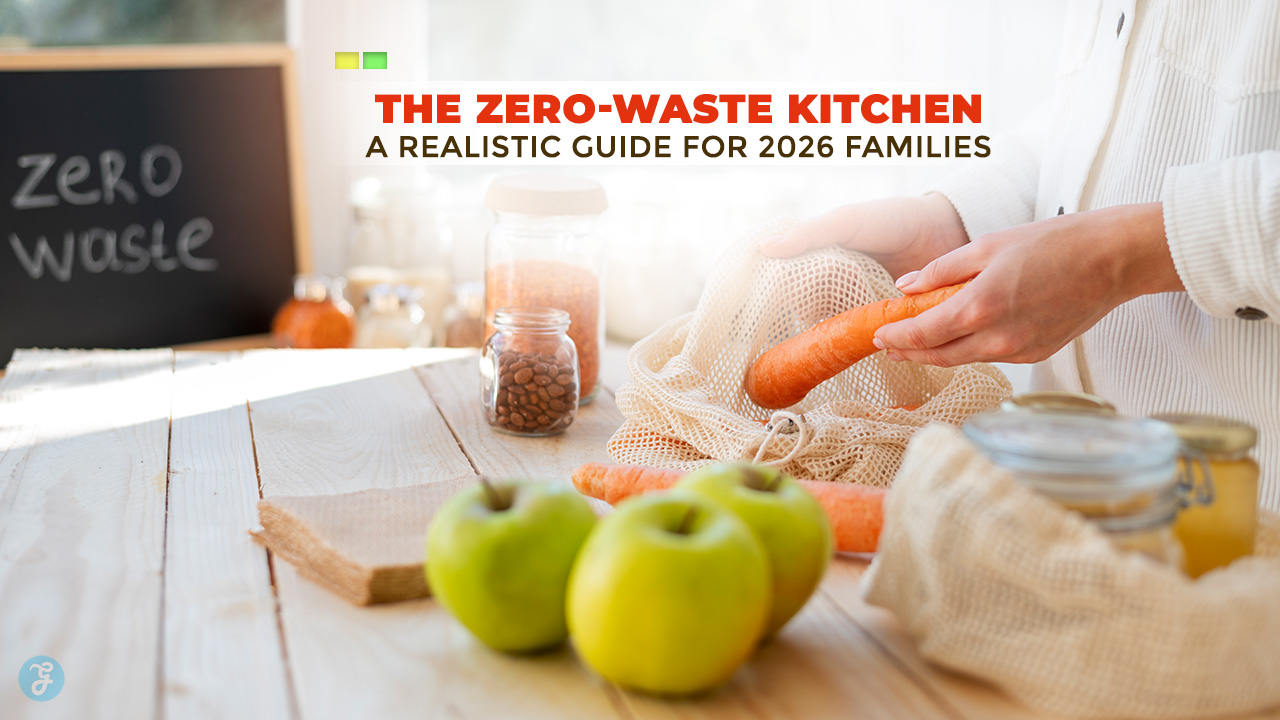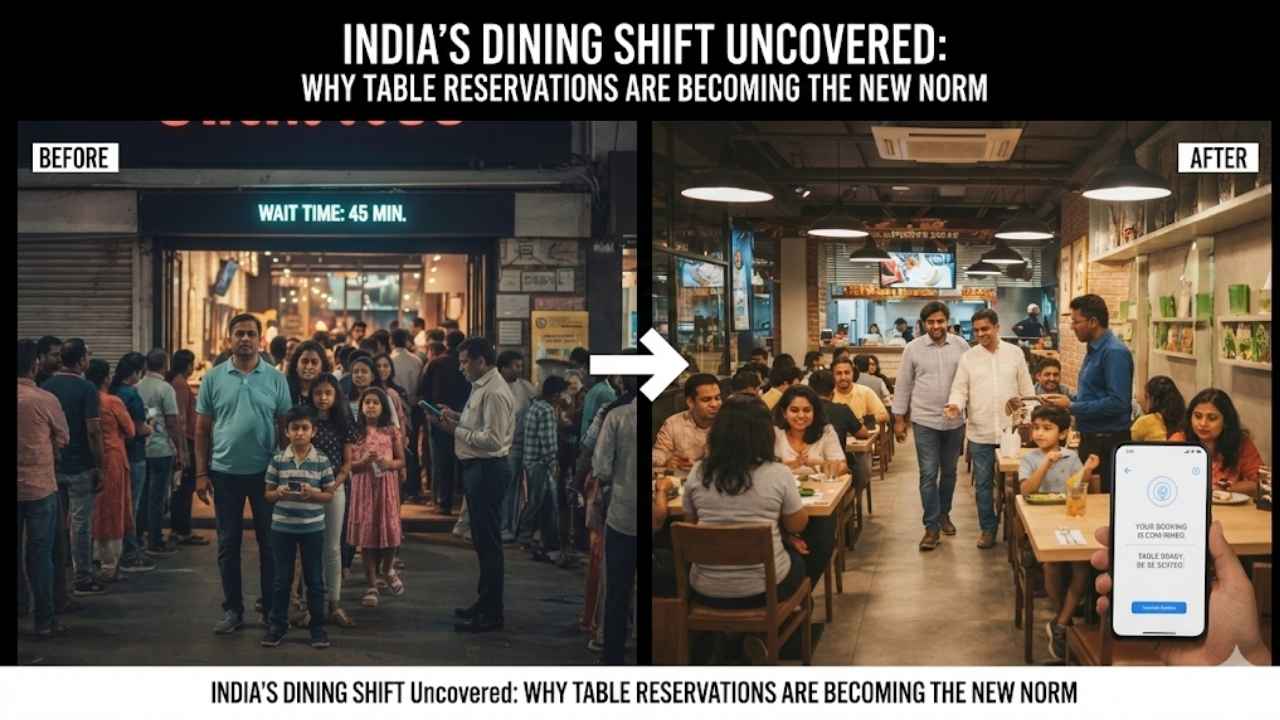PVC windows, particularly uPVC (unplasticized polyvinyl chloride) windows, have become a staple in modern home construction and renovation due to their durability, energy efficiency, and low maintenance.
However, one common question homeowners often ask is: how long do these windows last? This article provides a comprehensive overview of the lifespan of uPVC windows, factors influencing their longevity, and tips for maintaining them.
The Average Lifespan of uPVC Windows
The average lifespan of uPVC windows is typically around 20 years. However, this can vary significantly depending on several factors, including the quality of the installation, the environment, and the level of maintenance.
In some cases, well-maintained uPVC windows can last up to 35 years, while those exposed to harsher conditions or poor maintenance may need replacing after just 10 years.
Factors Influencing the Lifespan of uPVC Windows
Several key factors influence how long uPVC windows will last:
- Quality of the Material: Higher-quality uPVC windows are made from better materials and manufacturing processes, resulting in a longer lifespan.
- Installation: Proper installation is crucial. Poor installation can lead to issues such as leaks and drafts, which can shorten the window’s lifespan.
- Environmental Conditions: Windows in areas with harsh weather conditions like extreme heat, cold, or salt air may experience faster wear and tear.
- Maintenance: Regular maintenance can significantly extend the life of uPVC windows. This includes cleaning, lubricating moving parts, and inspecting seals.
How to Maintain uPVC Window
Maintaining uPVC windows is relatively simple and can help extend their lifespan:
- Cleaning: Use a soft, non-abrasive cloth and soapy water to clean the window frames. Avoid harsh chemicals that could damage the material.
- Lubricating Moving Parts: Apply a quick spray of oil to the moving parts to keep them operating smoothly.
- Inspecting Seals: Regularly check the seals around the windows for any signs of wear or damage. Replacing worn seals can prevent drafts and leaks.
Signs That Your uPVC Windows Need Replacing
Despite their durability, there will come a time when uPVC windows need to be replaced. Here are some signs to look out for:
- Cracked or Broken Glass: Structural damage to the glass compromises the window’s efficiency and safety.
- Water Leaks: If water is seeping through the frames, it can cause damage to your home’s interior.
- Draughts: Persistent drafts indicate that the window is no longer providing adequate insulation.
- Fogging Between Panes: This can indicate seal failure, which often requires replacing the glass or the entire window.
Repairing Misted Double-Glazed Windows
Misted or fogged windows are a common issue with double-glazed uPVC windows, typically caused by seal failure.
In many cases, the glass can be replaced without needing to replace the entire window, making it a more cost-effective solution.
Can You Install uPVC Windows in Conservation Areas?
Installing uPVC windows in conservation areas can be more complicated due to regulations aimed at preserving the character of historic buildings.
While there is generally no outright ban on uPVC windows, local authorities often prefer windows that match the original style of the property.
For listed buildings or areas with strict regulations, timber-effect uPVC windows from collections like the Residence Collection can be a suitable alternative, offering the look of classic timber with the benefits of uPVC.
You May Find Interest: Window Replacement Expert Tips
Comparing uPVC Windows to Timber Windows
Timber windows offer a natural and classic look but come with several drawbacks, including higher maintenance requirements and susceptibility to insect infestations and rot.
In contrast, uPVC windows are low-maintenance, weather-resistant, and not prone to rotting or corrosion.
Modern wood-effect uPVC windows can provide the aesthetic appeal of timber without the associated maintenance issues, making them an attractive option for many homeowners.
Wrap up
uPVC windows are a durable, low-maintenance, and energy-efficient choice for modern homes, typically lasting around 20 years, with potential longevity of up to 35 years with proper care.
Regular maintenance, such as cleaning and inspecting seals, can help extend their lifespan. When it’s time to replace them, choosing high-quality uPVC windows and ensuring proper installation is crucial.
Whether you are dealing with fogging issues or considering new installations in a conservation area, uPVC windows offer a versatile and reliable solution for enhancing your home’s comfort and energy efficiency.


